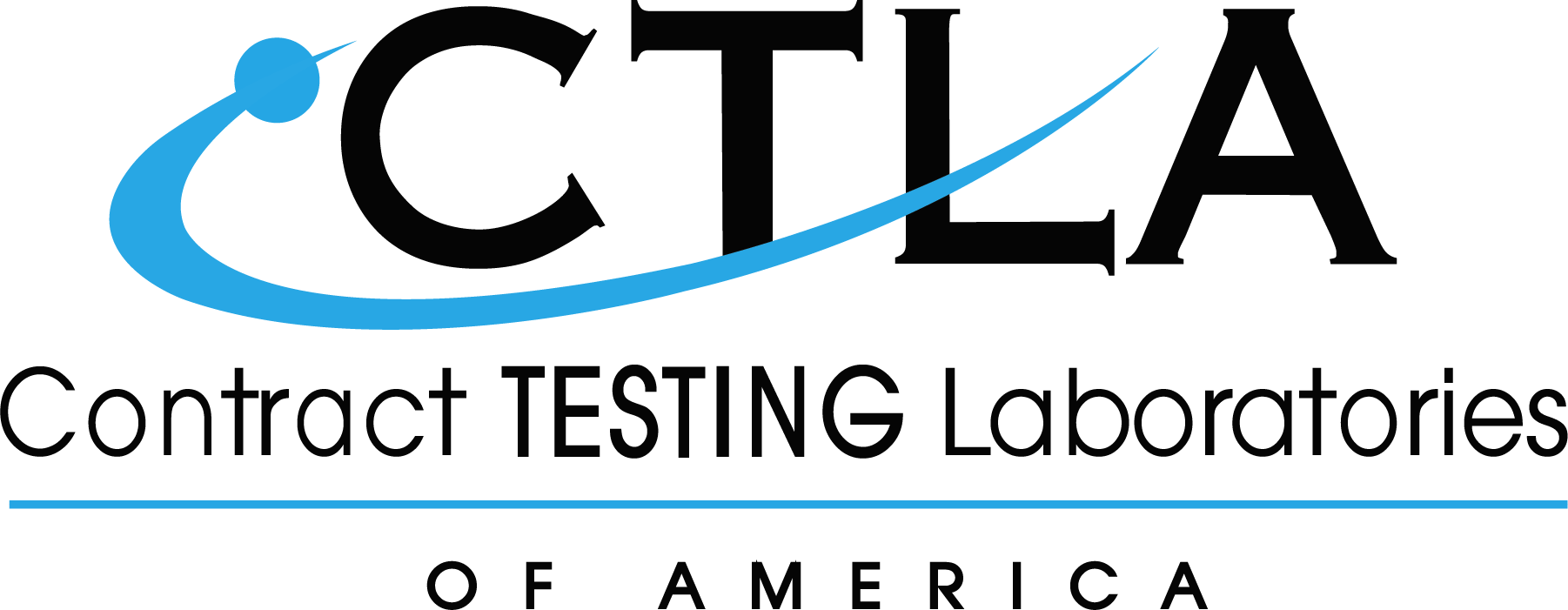Cosmetic Testing
CTLA provides the full range of cosmetics testing to meet all the requirements of the Food, Drug, and Cosmetic Act (FDCA) as regulated by the US Food and Drug Administration (FDA). According to the FDCA, all companies manufacturing or marketing cosmetics products have a legal requirement for the safety and proper labeling of each cosmetic product.
FDCA Act defines cosmetics by their intended use. Cosmetics are liquids, creams and oil-based products, solids and powders, and aerosols of liquids, creams, and powders that are intended to be applied to the human body.
Cosmetics can be sprinkled, sprayed, rubbed, or poured. They are intended to beautify, cleanse, or alter the appearance of an individual. Shampoos, hair coloring, perms, deodorants, perfumes, lipstick, eye and facial makeup, fingernail polish, skin moisturizers, and deodorants are all classified as cosmetics.
Under the FDCA Act, only hair coloring requires FDA approval before being put on the market. All other cosmetic products and ingredients do not require FDA approval. As such, the FDA does not have a list of tests required for any cosmetic product or ingredient.
However, cosmetic regulations require beauty products to be safe when used according to labeling directions. Cosmetic manufactures may use safety data as supplied by cosmetic ingredients suppliers or published in scientific journals. A cosmetic industry-funded board of medical and scientific experts does maintain a cosmetic ingredient review website which is available to the public.

FDA Recommended Test
To ensure the safety of cosmetic products, the FDA does recommend toxicology testing and microorganism testing be conducted.
Our Toxicology testing determines both immediate adverse effects of cosmetics and/or household products and long-term ramifications. We determine if a product causes skin or eye irritation or has even more severe consequences like organ damage or cancer.
CTLA toxicology testing methods are animal friendly. We use in vitro cell toxicology testing rather than testing cosmetics on animals. Our in vitro methods give us greater control over the cosmetic exposure and increases the precision of the toxicology response with rapid screening capabilities.
CTLA conducts Microorganisms testing on cosmetics. The FDA does not require cosmetics to be sterile. However, cosmetics must not contain harmful microorganisms.
To meet the FDA guidelines, the number of aerobic microorganisms per gram in a finished product must be low. Here at CTLA, we follow all testing methods for microorganisms as outlined by the FDA in the Bacteriological Analytical Manual.
We conduct microorganism testing as soon as possible after the arrival of a cosmetic sample. All cosmetic samples are stored at room temperature. Each sample container is carefully inspected for damage before testing. The outside surface of all sample containers is disinfected prior to opening to prevent outside contamination of the sample.
CTLA provides the following Microorganism testing for cosmetics:
- Aerobic Plate Count (AP)
- Fungi, Yeast, and Mold Plate Count (MYPC)
- Anaerobic Plate Count
FDA Warning
The FDA also warns cosmetic manufacturers and marketers to be aware that claiming a cosmetic ingredient is “natural” or “organic” does not equate to being safe for personal care use. As the cosmetic manufacturer, you are responsible for the safety of your product when it is used according to labeling instructions.
The FDA does not define “organic” in cosmetic labeling. “Organic” labeling is regulated by the US Department of Agriculture (USDA). If a cosmetic is labeled organic, it must meet the requirements of the USDA for the organic claim while meeting the FDA’s labeling and safety requirements of a cosmetic.

International Cosmetic Market
CTLA’s cosmetic testing ensures cosmetic manufacturers adhere to all the requirements of the European Union (EU) Regulation (EC) N° 1223/2009 and validates the required EU product safety report.
With our alternatives to animal testing for eye/skin irritation tests, we also meet the EU’s ban on animal testing for cosmetics.
Cruelty-Free Cosmetics
Long live guinea pigs! And every other creature God put on this good earth! CTLA does not believe any product should be tested on animals. Rest assured our lab is cage-free and cruelty-free.
Sources
- “Cosmetics Laws & Regulations.” Food and Drug Administration. 2020. https://www.fda.gov/cosmetics/cosmetics-guidance-regulation/cosmetics-laws-regulations
- “Product Testing of Cosmetics.” Food and Drug Administration. 2020. https://www.fda.gov/cosmetics/cosmetics-science-research/product-testing-cosmetics
- “BAM Chapter 23: Methods for Cosmetics.” Food and Drug Administration. 2017. https://www.fda.gov/food/laboratory-methods-food/bam-chapter-23-methods-cosmetics
- Legislation. “International Market, Industry, Entrepreneurship, and SMEs.” European Commission. https://ec.europa.eu/growth/sectors/cosmetics/legislation_en
- “Is it a Cosmetic, a Drug, Or Both? (Or Is It Soap)” Food and Drug Administration. 2020. https://www.fda.gov/cosmetics/cosmetics-laws-regulations/it-cosmetic-drug-or-both-or-it-soap
- “'Organic' Cosmetics.” Food and Drug Administration. 2020. https://www.fda.gov/cosmetics/cosmetics-labeling-claims/organic-cosmetics
What we are all about.
We are committed to helping our clients with all their testing needs.

A Lab for you
We understand the importance of accuracy and complying with regulation, and that's why we use the most advanced and reliable equipment available. Our commitment to quality and customer satisfaction has earned us a reputation as one of the top testing facilities in Utah, where we serve clients in the state of Utah and Nationwide.





